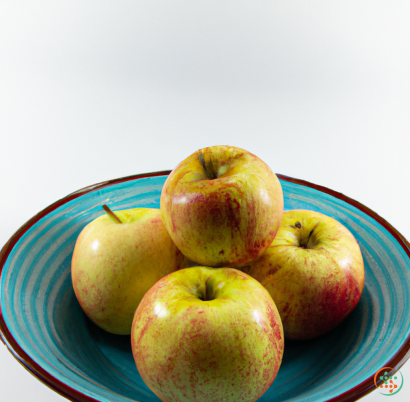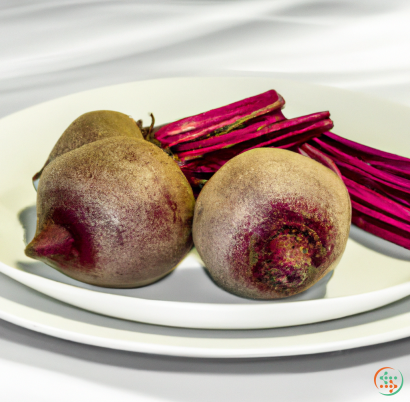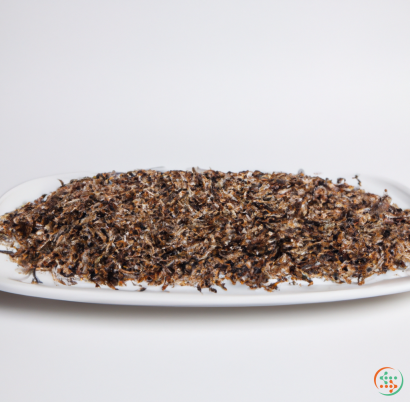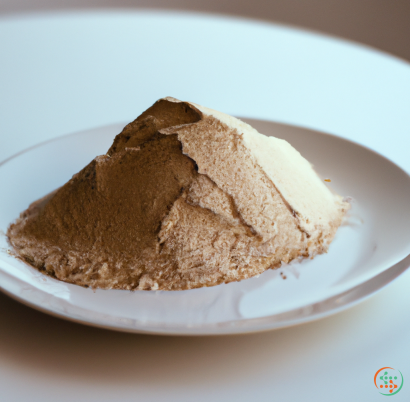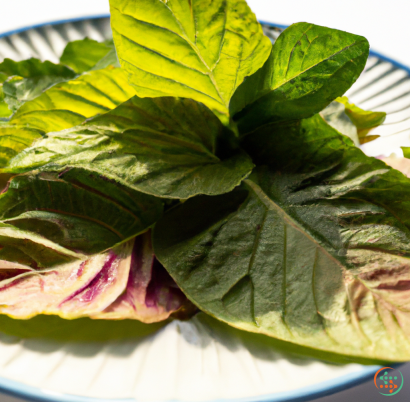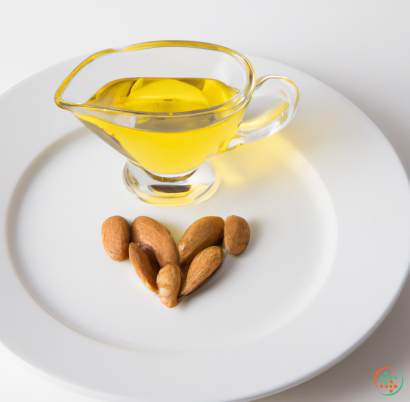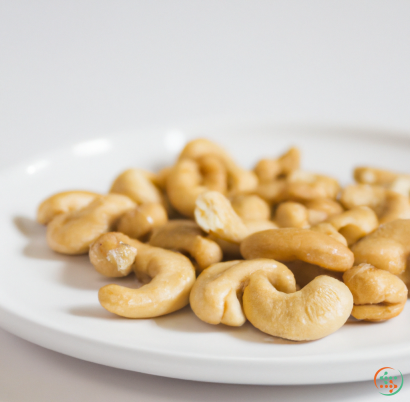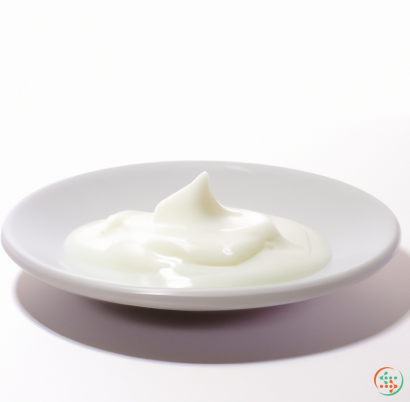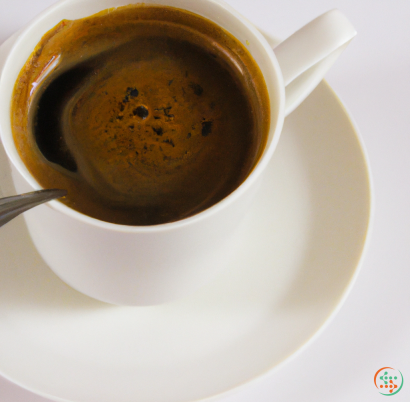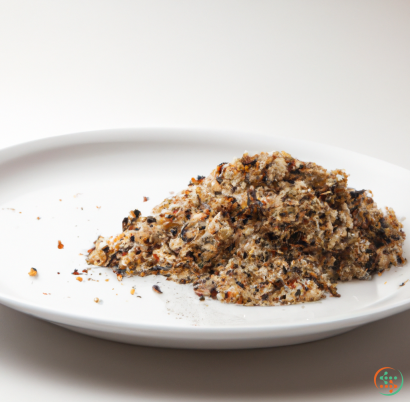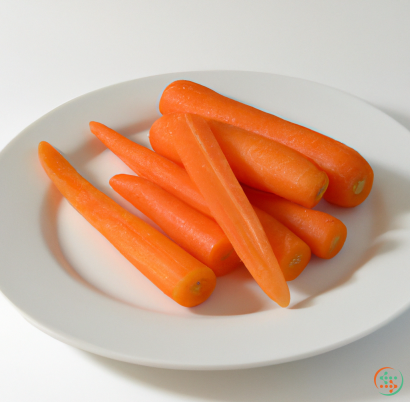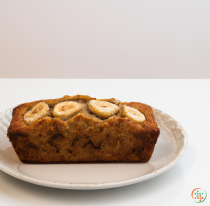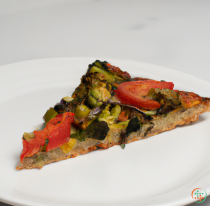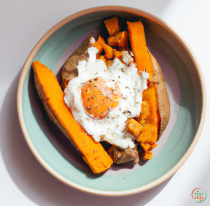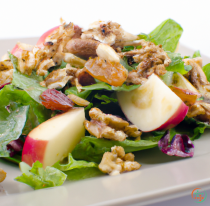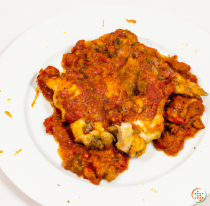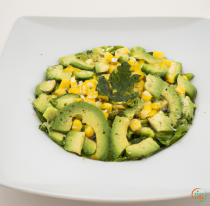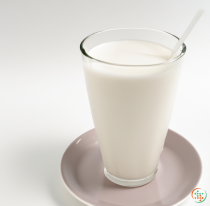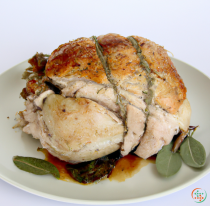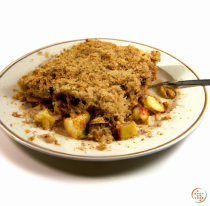Eggs Recipe: Great Taste. Simple Directions.
Make the perfect Eggs
Eggs have been a dietary staple for thousands of years and are a key ingredient in many traditional dishes around the world. They are incredibly versatile, easy to cook and a great source of nutrition. The egg has been called “the perfect food” and can be used in a variety of ways to make delicious meals. Whether you’re cooking a quick breakfast omelette, a comforting boiled egg sandwich or an elaborate brunch of French toast and scrambled eggs, making eggs is a simple, yet satisfying culinary task.
No matter which way you choose to make them, eggs can be a source of protein, vitamins and minerals. They are a great source of Vitamin D, an important nutrient for healthy bones and teeth, and are also an excellent source of choline, which helps to maintain healthy cell membranes. The yolk of the egg is also high in cholesterol, so it is important to be mindful of this when consuming them, as part of a balanced diet.
When it comes to cooking eggs, there are a variety of methods that can be used, such as boiling, poaching, scrambling or frying. Each method has its own advantages and can be used to produce different results depending on the type of dish you’re making. Boiling eggs is a quick and easy way to cook them and they can be eaten plain or used in salads and other dishes. Poaching is a great way to make eggs light and fluffy, while scrambling produces a creamy texture that is great for breakfast sandwiches. Frying eggs is also an option, as it creates a delicious golden-brown crust.
Regardless of your experience in the kitchen, making eggs is a skill that anyone can master. It is a great place to start if you want to learn how to cook and can lead to more complex dishes. With a little practice and patience, you can become a pro at making eggs and create delicious meals that will impress family and friends.
Eggs ‐ What It Tastes Like
When it comes to breakfast, eggs are one of the most beloved foods. They’re versatile, easy to prepare, and a great source of protein. But what do eggs actually taste like? That’s a question that can be hard to answer, since they come in so many different varieties and preparations.
When it comes to the flavor of a plain, boiled egg, there’s really not much to describe. The taste is mild and almost nonexistent, with a slightly salty edge that comes from the egg white. The texture is smooth and creamy, and the egg yolk has a slightly richer, more buttery flavor.
Scrambled eggs, on the other hand, have a much more distinct flavor. The yolk and white are blended together, giving the eggs a richer, creamier flavor. The texture can range from light and fluffy to dense and chewy, depending on how you prepare them.
Fried eggs have a much more intense flavor. The whites become crispy and golden, and the yolks become rich and custardy. The texture is crunchy on the outside and soft on the inside, making them a great addition to any breakfast plate.
Omelets also have their own unique taste. The egg whites are beaten until fluffy and mixed with other ingredients like cheese, vegetables, or meat. The omelet will take on the flavors of whatever you put in it, but the egg itself will still be the star of the show.
Poached eggs have a delicate, subtle flavor. The whites become light and pillowy, while the yolks remain runny and creamy. The egg takes on the flavor of whatever broth or liquid you poach it in, making it a great way to add some extra flavor to your dish.
No matter how you prepare them, eggs are always delicious. They’re a great source of protein and can be enjoyed in a variety of ways. Whether you’re boiling, scrambling, frying, or poaching, eggs are sure to please any palate. So the next time you’re looking for a quick and easy breakfast, don’t forget to crack open a few eggs.
Eggs ‐ Is it healthy for you?
For years, eggs have been considered a dietary staple, providing a convenient source of protein and nutrition that can be easily incorporated into meals. But in recent years, there has been some debate around whether eggs can truly be considered healthy. To understand the complexities of the egg debate, it’s important to look at the nutritional profile of eggs, as well as their potential health benefits and risks.
Nutritionally speaking, eggs are a powerhouse of nutrition. A single large egg contains 6 grams of protein, 5 grams of fat, 1.6 grams of saturated fat, and just 0.4 grams of carbohydrates. It also provides a range of vitamins and minerals, including Vitamin A, Vitamin B12, and phosphorus. Additionally, eggs are a good source of essential fatty acids, including Omega-3 fatty acids. In terms of calories, a large egg contains about 78 calories.
When it comes to the health benefits of eggs, there’s some evidence to suggest that they may offer a range of benefits. Studies have found that eggs can help lower cholesterol levels and reduce the risk of stroke and heart disease. They are also a good source of choline, a nutrient that is important for brain development. Additionally, some research suggests that eggs may be linked to a reduced risk of certain types of cancer, including breast and colon cancer.
On the other hand, there are some potential risks associated with eating eggs. One of the most significant is the potential risk of salmonella poisoning, which can occur if eggs are not cooked properly. Additionally, eggs are high in cholesterol, so people with high cholesterol levels should limit their intake. Finally, eggs are often high in saturated fat, which can raise levels of bad cholesterol in the blood and increase the risk of heart disease.
Overall, eggs can be considered a healthy food choice, depending on an individual’s dietary needs and preferences. If you’re looking to add eggs to your diet, it’s best to opt for organic, free-range eggs whenever possible. Additionally, make sure to cook them thoroughly to reduce the risk of salmonella poisoning. Ultimately, eggs can be a nutritious part of a balanced diet, as long as they’re eaten in moderation and with proper precautions.
Eggs ‐ Is it Gluten Free?
Gluten, a protein found in many grains, can be a difficult and overwhelming thing to manage if you have an allergy or intolerance. One of the most common questions asked by those with a gluten sensitivity is whether eggs are gluten free. The answer is yes—eggs are naturally gluten free and can be a safe and nutritious food choice for those with gluten sensitivity.
Eggs are a complete protein, meaning they contain all nine essential amino acids that our bodies need for proper nutrition. They’re also packed with vitamins and minerals such as B12, iron, zinc, and folate. Additionally, eggs are low in calories, making them an excellent breakfast choice for those watching their weight.
Eggs are considered to be gluten free because they are not a grain-based food. Gluten is found in wheat, barley, and rye, which are all grains. Unlike these grains, eggs are produced by hens and contain no wheat, barley, or rye. Egg shells and egg whites are both gluten free and can be safely consumed by those with gluten sensitivities.
When it comes to egg-based products, however, it’s important to be aware that some of these items may contain gluten. For example, some egg noodles and pre-made omelets may contain wheat flour, so it’s important to check the label before consuming these items. Additionally, some processed foods such as breakfast sandwiches and quiches may contain gluten in the form of wheat flour or other grains, so it’s important to read the label carefully before purchasing.
It’s also important to note that cross-contamination is a real concern for those with gluten allergies, as eggs may be cooked in the same pan or on the same griddle as foods that contain gluten. If you’re dining out, be sure to ask your server about any potential cross-contamination before ordering egg dishes.
In conclusion, eggs are naturally gluten free and can be a nutritious food choice for those with gluten sensitivity. While some egg-based products may contain gluten, it’s important to read the label before consuming them. Additionally, cross-contamination is something to be aware of when dining out. With the right precautions, eggs can be a safe and satisfying food for those with gluten allergies.
Eggs ‐ Preparation Time
Eggs are a staple in many households, and for good reason. They are inexpensive, versatile, and a great source of protein. But to get the most out of eggs, it is important to understand the preparation process and the different cooking techniques that are available.
The preparation time of eggs depends on the type of egg you are using and the cooking method. For example, soft boiled eggs will take less time to prepare than hard boiled eggs. Soft boiled eggs are cooked in boiling water for 3-5 minutes, while hard boiled eggs require 10-12 minutes. If you are making poached eggs, you will need to simmer the water before adding the eggs and then let them cook for roughly 3 minutes.
When it comes to fried eggs, the preparation time will vary depending on your preferences. If you like your eggs cooked over easy, you’ll need to cook them for about two minutes on each side. If you prefer them cooked over medium, you’ll need to cook them for around three minutes on each side. And for harder eggs, you’ll need to cook them for about four minutes on each side.
Scrambled eggs are a bit more complicated as the preparation time will depend on the consistency you want. If you want a creamy scrambled egg, you’ll need to cook the eggs slowly over low to medium heat for about 10 minutes. For a fluffier version, you’ll need to cook them over medium heat for about 4-5 minutes.
No matter which type of egg you choose, it is important to keep an eye on the preparation time. Overcooking or undercooking your eggs can result in a less than desirable dish. If you want to get the most out of your eggs, make sure you pay attention to the preparation process and the different cooking techniques available.
Eggs ‐ Serving Size
When it comes to a healthy diet, eggs are one of the most versatile and nutritious foods available. Not only are they low in calories and high in protein, they also contain important vitamins and minerals, making them a great addition to any meal. But how much should you eat? The serving size of eggs can vary depending on your individual needs and health goals.
For people looking to lose weight, the recommended serving size of eggs is two large eggs. This portion provides about 14 grams of protein and is an excellent source of essential vitamins and minerals, including vitamin D and choline. Eating two eggs also helps to keep you full for longer, as the protein and fat in the yolks help slow down digestion and keep you satiated for hours.
For those looking to maintain a healthy weight and body composition, the recommended serving size of eggs is three to four large eggs. This portion provides about 18 to 24 grams of protein, which is the equivalent of three ounces of lean meat. Having this amount of protein in your diet helps to promote muscle growth and repair, and can also help to reduce hunger and cravings.
If you are looking to increase muscle mass, the recommended serving size of eggs is four to six large eggs. This portion provides about 24 to 36 grams of protein, which is the equivalent of four ounces of lean meat. Eating this amount of protein helps to build and repair muscle tissue, as well as provide energy for workouts.
For those looking to increase their intake of healthy fats, the recommended serving size of eggs is one to two large eggs. This portion provides about 6 to 12 grams of healthy fats, which can help to reduce inflammation and improve overall health. Additionally, the fat in the yolks helps to slow down digestion, helping to keep you full for longer.
When it comes to eggs, the serving size can vary depending on your individual needs and health goals. However, it’s important to keep in mind that eggs are high in cholesterol, so it’s recommended that you consume no more than three to four eggs per day. By eating the right portion size of eggs, you can easily incorporate them into your diet to get the most nutritional benefit.
Recipe for Eggs
Eggs Benedict
Ingredients:
-6 eggs
-6 English muffins, split
-1/2 pound Canadian bacon
-1/2 cup (1 stick) unsalted butter
-1/2 cup all-purpose flour
-2 cups milk
-1 teaspoon salt
-1/4 teaspoon cayenne pepper
-1 tablespoon freshly squeezed lemon juice
-1/4 cup chopped fresh parsley
Directions:
1. Preheat oven to 425 degrees F (220 degrees C).
2. Place the English muffins on a baking sheet and bake for about 5 minutes, or until lightly toasted.
3. Meanwhile, heat a large skillet over medium heat and cook the Canadian bacon until crisp. Remove with a slotted spoon and drain on paper towels.
4. In the same skillet, melt the butter. Stir in the flour and cook for 1 minute. Whisk in the milk and bring to a boil. Cook, whisking constantly, until the sauce is thickened, about 2 minutes. Season with salt and cayenne pepper. Stir in the lemon juice.
5. To assemble, place a slice of Canadian bacon on each toasted English muffin half. Top with an egg. Spoon the sauce over the eggs. Sprinkle with parsley and serve immediately.

